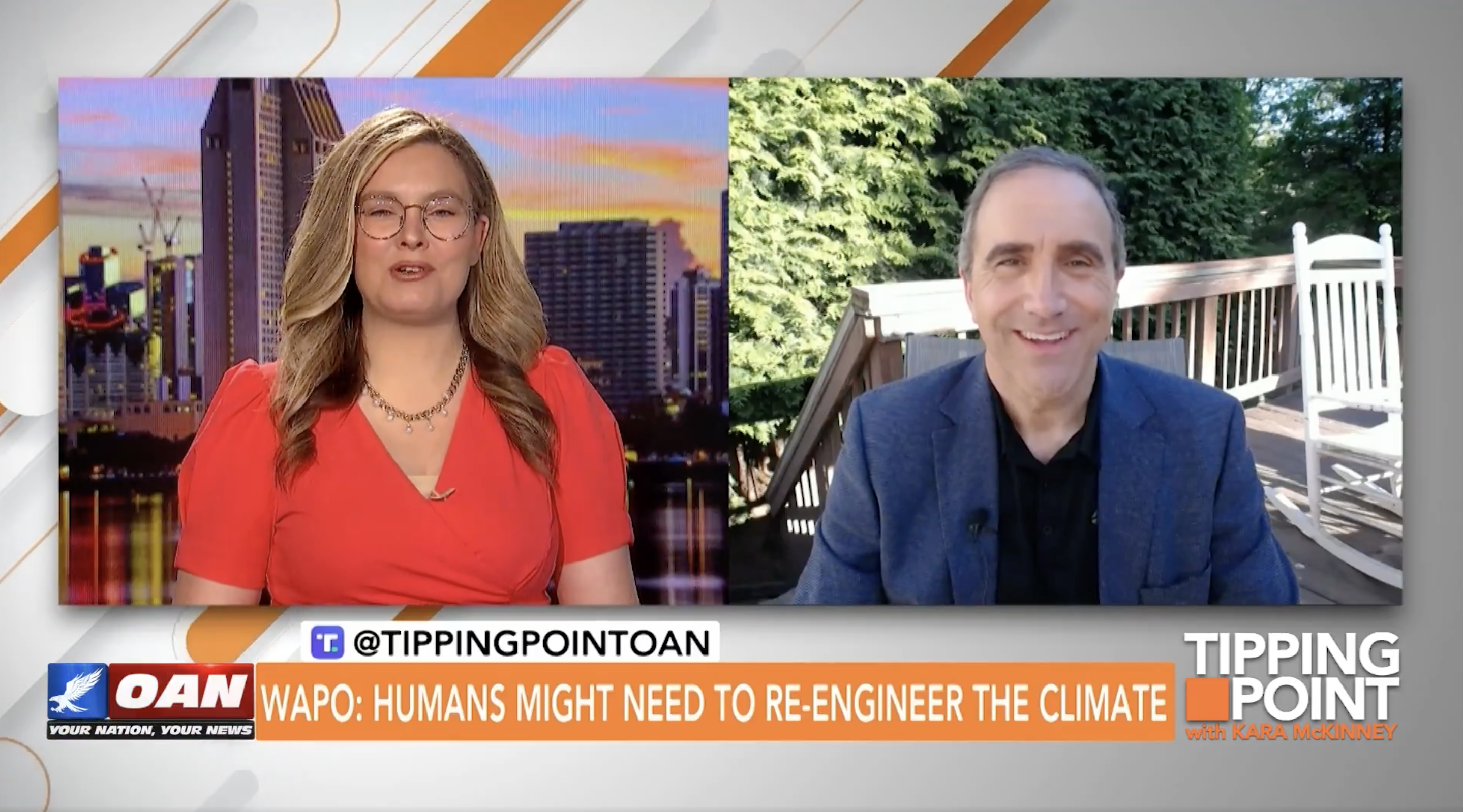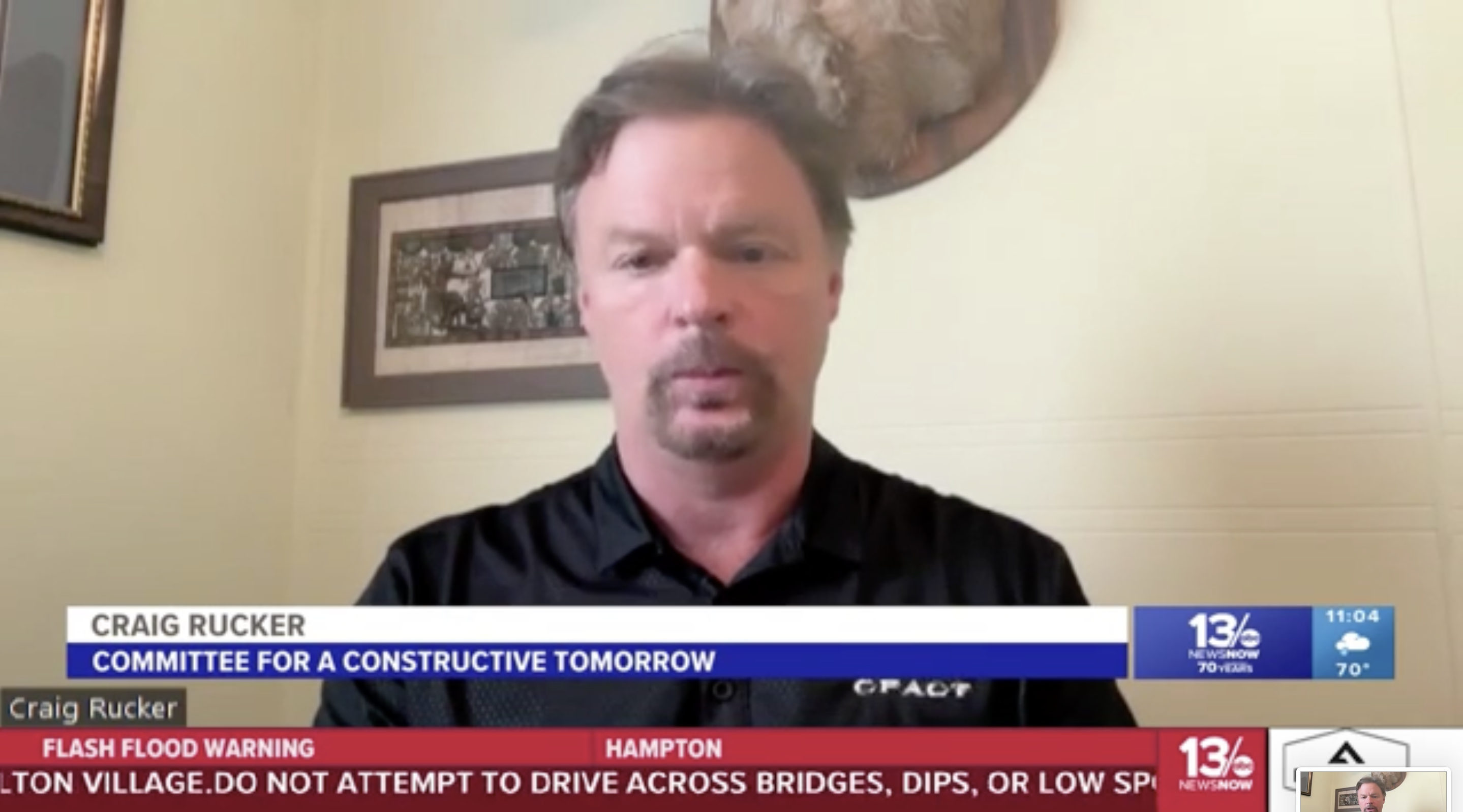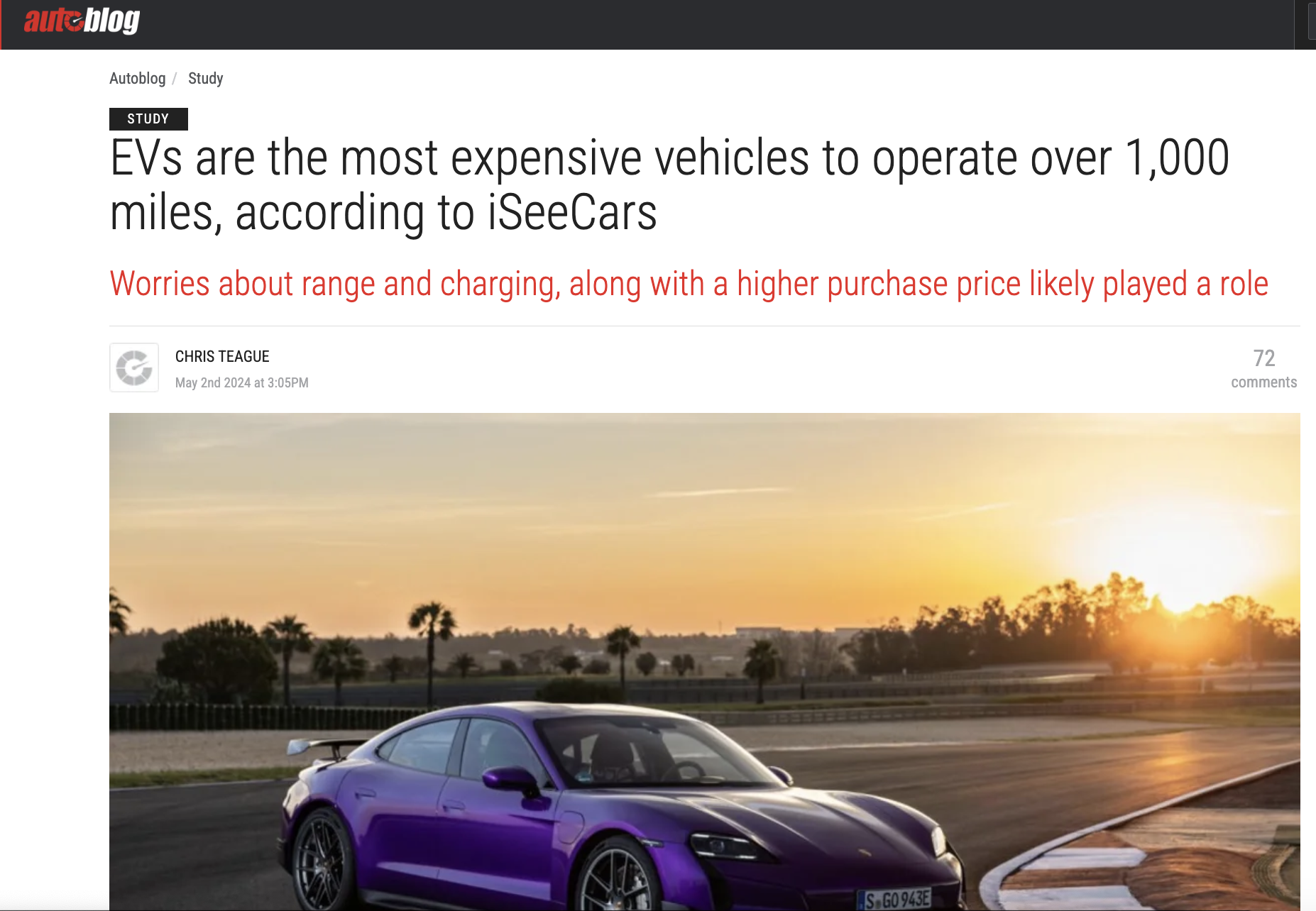https://edition.cnn.com/2022/11/10/world/cop27-john-kerry-interview-intl-climate/index.html
By David McKenzie, Ingrid Formanek, Chris Liakos and Ivana Kottasová, CNN
Speaking to CNN at the COP27 climate summit in Egypt, Kerry said the world cannot avoid the worst effects of the climate crisis without private money – because governments are not willing to pay what’s needed.
Kerry’s plan to finance the renewable energy transition in vulnerable countries by allowing companies to pay for someone else to cut their planet-warming emissions, instead of cutting their own, raised concerns among climate experts. Many have warned that selling carbon credits could discourage companies from making real cuts to emissions.
The US-China climate deal was a rare bright spot in an otherwise thorny relationship. Should it be mended?
But Kerry has made his view clear.
“We desperately need money,” Kerry told CNN. “It takes trillions and no government that I know of is ready to put trillions into this on an annual basis,” he added.
“I am absolutely convinced that it is one of the few ways that we have to be able to produce the amount of capital we need to accelerate this transition.”
United Nations Secretary-General Antonio Guterres warned on Tuesday that “shadow markets for carbon credits cannot undermine genuine emission reduction efforts.”
Kerry admitted that carbon trading can be problematic when there aren’t “sufficient rules or guardrails and you don’t have environmental integrity,” but said he wants to set up a system that would be tightly controlled.
…
The International Energy Agency said last month that governments must triple their annual clean energy investments to $4 trillion by 2030 if the world is to achieve net-zero emissions by 2050. But it only expects global investments in low-carbon energy to increase to $2 trillion a year until the end of the decade.




